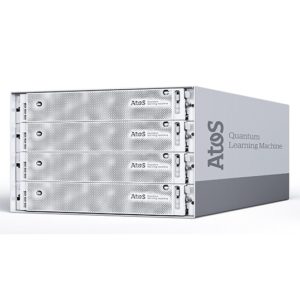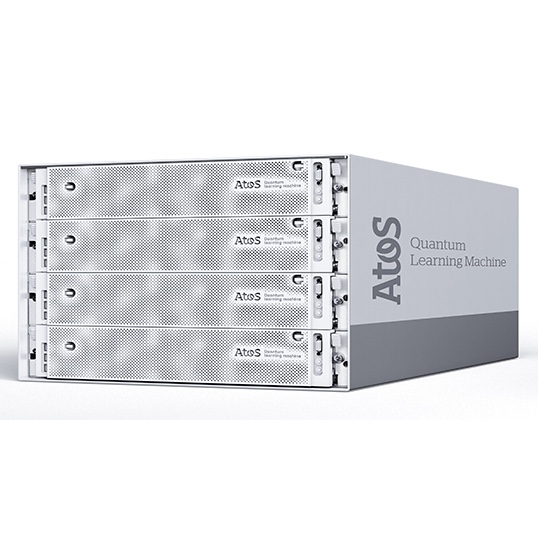 Today Atos announced myQLM, free quantum programming tools designed to democratize access to quantum simulation and encourage innovation in quantum computing. Eighteen months after launching the Atos Quantum Learning Machine, the new tools will allow the Atos QLM user ecosystem to develop quantum algorithms autonomously.
Today Atos announced myQLM, free quantum programming tools designed to democratize access to quantum simulation and encourage innovation in quantum computing. Eighteen months after launching the Atos Quantum Learning Machine, the new tools will allow the Atos QLM user ecosystem to develop quantum algorithms autonomously.
With myQLM, we are taking a new step forward in the field of quantum computing. Offering free access to quantum programming and testing to researchers, students and developers will democratize the use of quantum simulation and help expand the overall reach of quantum computing, a technology which will shape the future of computing for years to come” said Thierry Breton, Atos Chairman & CEO.
Derived from the Atos QLM simulator, myQLM is a python (programming language) environment to develop and simulate quantum programs on one’s own desktop. The myQLM program consists of:
- The distribution of myQLM software to Atos QLM customers and end-users. They will be able to program in AQASM (Atos Quantum Assembly Language) and pyAQSM languages and test their programs through digital simulation on their own computers.
- The possibility to run programs developed with myQLM on a real Atos Quantum Learning Machine appliance through a dedicated portal with access fees.
- A myQLM user-led community for sharing best practice, exchange of libraries and quantum application codes and collaborative support.
- Interoperability with other quantum computing frameworks. Atos ensures openness and interoperability by providing open source translators from myQLM to other main quantum programming environments
myQLM is available to Atos QLM customers. Additionally, Quantum research startups and academic labs are welcome to apply to the myQLM program.
In November 2016, Atos launched an ambitious program to anticipate the future of quantum computing and to be prepared for the opportunities as well as the risks that come with it. As a result of this initiative, Atos was the first to successfully model quantum noise. To date, the company has installed Quantum Learning Machines in numerous countries including Austria, Denmark, France, Germany, the Netherlands, UK and the United States, empowering major research programs in various sectors.




